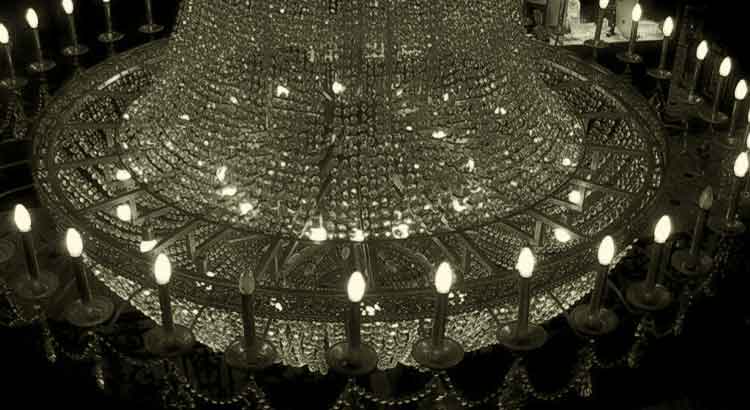It seems that real vanity—the deep and unmistakable—leads to insincerity and hypocrisy, traits that I find unbearable, both in life and in art. It has already noticed the innocent face of several among the greatest artists of all times, such as Tolstoy, Dostoevsky and Shakespeare. And innocence, if it shows its face, does so only through sincerity, which is its obligatory companion. This is what we see, for example, in Nietzsche, when he says that Zarathustra is the greatest work ever conceived, or when he considers himself the greatest of all philosophers. Distorted by infamous tongues, he passed for presumptuous, when he limited himself to being transparent as he always was. Vanity manifests itself in hypocrisy. Nietzsche lived his work, Dostoevsky believed with all his mind in the solutions he proposed. Both submitted themselves to ridicule, exposed themselves. And they did not humiliate themselves, as those thirsty for recognition do, resorting to dissimulation.
Category: Notes
The Cemetery of Great Works
I stand here, thinking, about the size of the cemetery of great works. By a natural tendency, the greatest artists are drawn into isolation and, by an equally natural consequence, remain mostly anonymous. Some—would be many?—end up being rewarded by history. But what about the others? how many would there be? I have never had the opportunity to enter an old library; if I had, I would be obliged to estimate the proportion of anonymous on the literary shelves. Not that there is any justice in this world, nor that one should write aiming at any award, but a brief reflection on the aforementioned cemetery makes my mind completely black. To think of the effort of a lifetime, the courageous stance and endurance, hard-fought, wasted… useless like everything else… I think about it and cursing the world feels like an obligation.
Psychological Variations
It is interesting to note how the psychology of great artists varies to extremes. In common, their sincerity. But how they differ, for example, in the vision they have of their own work! On one hand, examples such as Kafka and Flaubert, in whom the work seems not only bad, but it hurts them, it afflicts them to have to create it and to see it, because they are guided by something like a necessity. On the other hand, there are figures like Nietzsche and Pessoa, where the discouragement in front of the mirror not only seems non-existent, but often we notice a striking immodesty. What to conclude? It is evident that great art is a destination to which multiple paths lead.
Gaining People’s Sympathy
Opinions are, above all, unpleasant. On an individual level, it goes without saying: they are the chains, the fetters of thought. On a collective level, who can stand them? An opinion is never as timely as it would be to fail to say it. People like to be listened to, not to listen. That is why it is so easy to win their sympathy: one just has to relate to them in silence, that is, listen to them without saying anything. Whether this is possible, or even bearable, is another matter…



